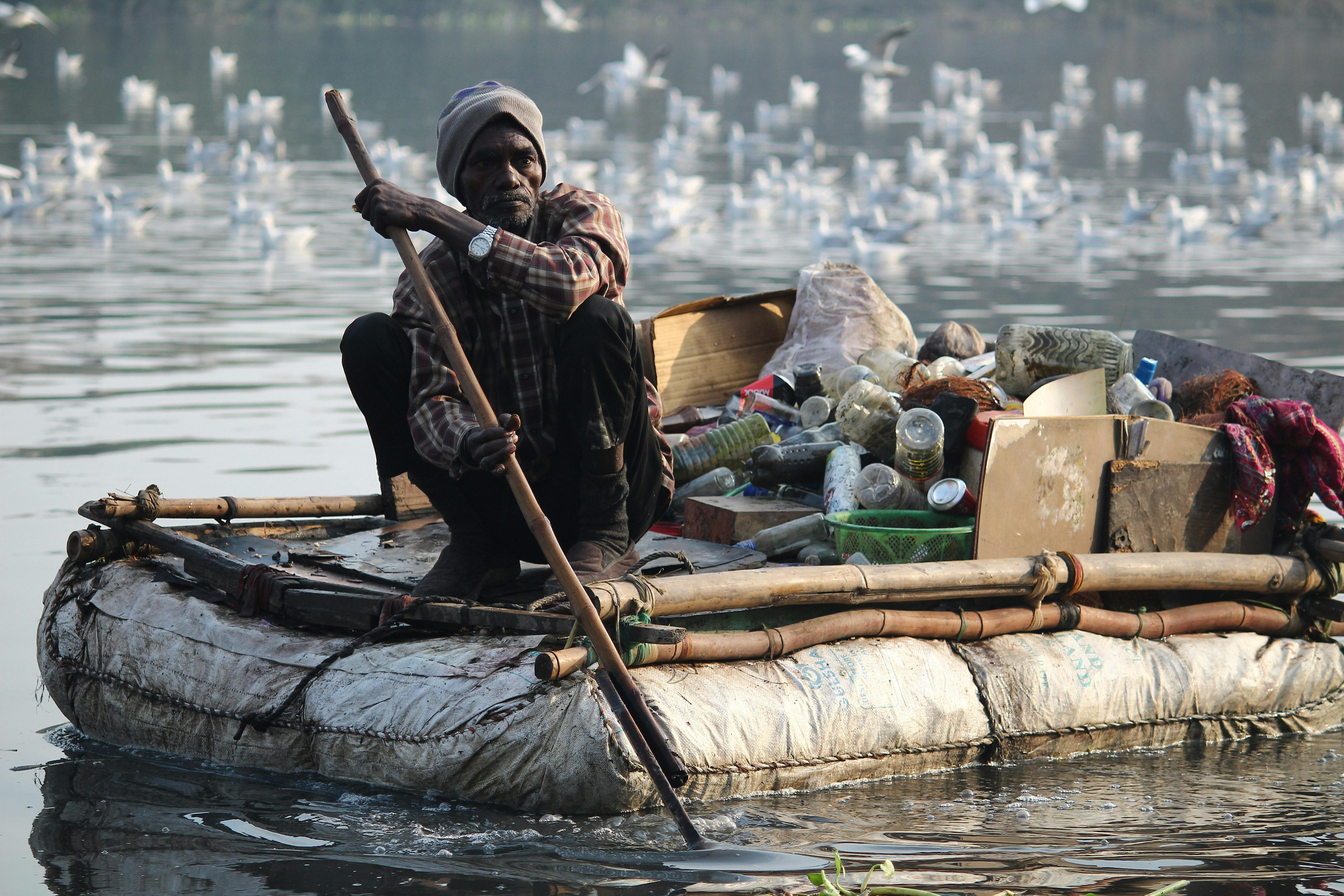 How to Choose the Best Waste Disposal for Water
How to Choose the Best Waste Disposal for Water
It is absolutely essential that people are responsible with the waste they generate. The best way to do this is to have an efficient and effective waste disposal system. When it comes to water waste, there is a wide variety of options available, and the right choice for you will depend on a number of factors. In this blog post, we’re going to break down the top options for water waste disposal, and help you decide which one is right for you.
Why Is Waste Disposal in Water Important?
Before we dive into the different waste disposal options, it’s important to understand why waste disposal in water is so important. Waste can pollute water, which can result in health risks for humans and animals, and can damage the environment. It can also impact water quality, making it hard to use for drinking, cooking, and other activities.
Moreover, it is important to dispose of waste in water correctly, in order to comply with local regulations and laws. Failing to do so could result in hefty fines, and even legal action.
Managing Waste in Water
When it comes to managing waste in water, there are several different options. Here are some of the most popular choices for water waste disposal:
1. Sewage Treatment Plants
Sewage treatment plants are the most common option for disposing of water waste. These plants are designed to reduce the amount of contaminants in sewage, making it safe to be released into the environment. Sewage treatment plants use a variety of techniques, such as biological, chemical, and physical processes, to reduce the amount of pollutants in the water.
2. Septic Tanks
Septic tanks are an alternative to sewage treatment plants, and are often used in rural areas. They are large tanks, usually buried underground, that are designed to separate solid material from liquid waste. The tanks are designed to break down the solid material, and the liquid is then released into the environment.
3. Recycling Waste Water
Recycling waste water is becoming increasingly popular, as it is an efficient way to reduce waste. This process involves collecting sewage and treating it so that it can be reused for various purposes, such as agricultural irrigation. This is a cost-effective way to reduce the amount of water waste, as well as reducing the strain on the environment.
4. Rainwater Harvesting
Rainwater harvesting is an efficient way to reduce water waste. This process involves collecting rainwater and storing it for later use. This can be used for a variety of purposes, such as washing clothes, flushing toilets, and even drinking.
5. Composting
Composting is a great way to reduce the amount of waste produced. This process involves collecting organic waste, such as food scraps and garden waste, and breaking it down into compost. This compost can then be used in the garden, helping to reduce the amount of waste that goes to landfill.
How to Choose the Right Waste Disposal System
Now that you have a better idea of the different options available for waste disposal in water, it’s time to decide which one is right for you. Here are some factors to consider when choosing the best waste disposal system for your needs:
1. Cost
The cost of waste disposal systems can vary widely, depending on the type of system you choose. Take a look at the different options available and compare the cost to understand which one is the most suitable for your budget.
2. Capacity
The capacity of your waste disposal system is another important consideration. You’ll want to choose a system that can handle the amount of waste you generate. Consider how much waste you produce on a daily basis, and choose a system that can accommodate this.
3. Location
Where you’re located will impact what type of waste disposal system is best for you. For example, if you’re in a rural area, a septic tank may be the best option. If you’re in an urban area, you may want to install a sewage treatment plant.
4. Regulations
It’s also important to research the local regulations for waste disposal in your area. Make sure that you comply with any regulations or laws that apply to your area, as this could be costly if you don’t.
Conclusion
Waste disposal in water is an important issue, and it’s essential that you choose the right system for your needs. There are a variety of options available, such as sewage treatment plants, septic tanks, recycling waste water, and rainwater harvesting. It’s important to consider factors such as cost, capacity, and location when choosing the best waste disposal system. Additionally, make sure to research the regulations in your area, to ensure that you’re compliant with any laws or regulations that apply.
At Midland Toilet Hire, we offer a wide range of water waste disposal solutions that are designed to meet all of your needs. We offer competitive prices, and our team of experts will help you find the perfect solution for your requirements. Contact us today to find out how we can help.
